BOONE, N.C. — For education majors at Appalachian State University, student teaching is the capstone experience that provides the opportunity for seniors to put their knowledge and skills to practice — taking on daily teaching expectations in a public school classroom for one semester. In spring 2020, however, the emergence of a global pandemic provided a student teaching experience like no other.
Typically, App State teachers-in-training complete internships and field experiences in semesters leading up to student teaching. Then, Appalachian’s Office of Field Experiences coordinates the placement for student teaching, where the student observes for about a week prior to taking responsibility for planning and teaching lessons in the classroom.
The clinical educator, or “host teacher,” remains in the classroom and serves as an observer, guide and mentor. In addition, the student teacher is observed by school administrators and by App State field supervisors.
When the North Carolina schools closed in mid-March, student teachers had to make quick adjustments along with all educators in the state — transitioning to online teaching and sending work packets home with children who did not have internet access.
“We had about a week to come up with a game plan, look at resource options and figure out logistics,” said Jordan Nievinski, a graduating senior from Kernersville majoring in elementary education. Nievinski, who is student teaching in second grade in Wake County, worked with other teachers at her school and with county education administrators to convert classroom instruction to online delivery.
Nievinksi and other Mountaineer student teachers also received instruction and support from Appalachian’s Reich College of Education, with online events including professional panels by school administrators across the state and other professional development, said Dr. Hannah Reeder, director of clinical education in the Office of Field Experiences.
“From the beginning of the transition, Appalachian provided everything from instructions on how to get Google certifications for online teaching applications, to a virtual career fair where we could have face-to-face time with potential employers,” Nievinski said.
Laura Ialuna, a graduating senior from Denver majoring in elementary education with a concentration in Spanish, said Reeder and her staff also assured the student teachers they’d be eligible for licensure, in spite of their time being cut short of the required 16 weeks of classroom time.
“It was a comfort to know Appalachian was making sure we could meet all requirements, so we could focus on our students and lesson plans,” said Ialuna, who is student teaching in second grade in Lincoln County.
While online resources differ by school, student teachers are using some of the following standards:
- Instructional platforms such as Google Slides or Classkick to send daily lessons and assignments.
- YouTube instructional videos recorded by the teachers for their students to watch.
- A program called Seesaw that allows students to record themselves reciting spelling words or other activities.
- Live Zoom or Google Meet sessions where teachers share screens for demonstrations and answer questions about lessons.
Keeping it personal
Despite the available technology, student teachers realize the value of personalization. To keep the children engaged, Nievinski and Ialuna have hosted show and tell sessions, read books aloud, led discussions and simply allowed the children to visit with one another.
“A big part of school is the social and emotional component,” Nievinski explained. “We want to make sure the students have time to interact and just be kids.”
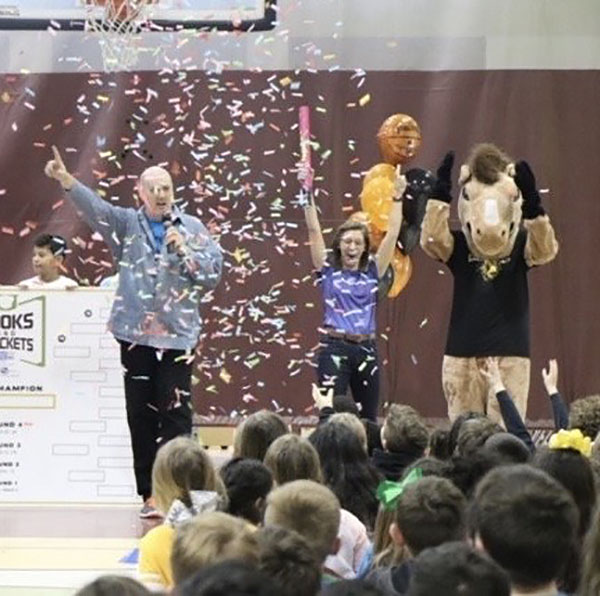
Jacob King, a senior from Charlotte majoring in health and physical education with a minor in coaching, engaged students while dressed as the school mascot, pictured right, during a pep rally in Union County while school was still in session. While he doesn’t have regular class time with students now, he “pops in” on other teachers’ Zoom sessions to lead workouts and activities the children can do at home. Photo submitted
Jacob King, a senior from Charlotte majoring in health and physical education with a minor in coaching, is student teaching in Union County. As a physical education teacher, King doesn’t have regular class time with students since the transition to online learning, but said he “pops in” on teachers’ Zoom sessions to lead students in workout sessions or physical activities to break up their class time and keep the children active while they are at home.
“This experience will prepare me to be ready for anything in teaching, adapting to circumstances whether it be a tornado drill, snow days or long-term closure,” King said.
Ialuna and Nievinski also noted that the sudden move to remote teaching provided valuable lessons — including exposure to online resources that they plan to use in their future classrooms. Both intend to ensure students have plenty of practice working online while in the classroom, so they’ll be ready if schools have to close again.
Nievinski also realized the importance of building strong relationships with students early on, she said. “Having had the opportunity to get to know the students and build trust between us made the transition a lot smoother when we had to move online.”
“Adapting to remote teaching has demonstrated to me how tough and resilient teachers are,” Ialuna said. “We’re dedicated to making sure every student has materials and is able to learn and is cared for.”
What do you think?
Share your feedback on this story.
About the Reich College of Education
Appalachian State University offers one of the largest undergraduate teacher preparation programs in North Carolina, graduating about 500 teachers a year. The Reich College of Education enrolls more than 2,000 students in its bachelor’s, master’s, education specialist and doctoral degree programs, with offerings that span multiple fields — from teacher preparation, counseling, and therapy, to higher education, school and student affairs administration, library science, educational leadership and more. With over 10,000 alumni employed in North Carolina public schools, there is at least one Reich College graduate in every county in the state. Learn more at https://rcoe.appstate.edu.
About Appalachian State University
As a premier public institution, Appalachian State University prepares students to lead purposeful lives. App State is one of 17 campuses in the University of North Carolina System, with a national reputation for innovative teaching and opening access to a high-quality, cost-effective education. The university enrolls more than 21,000 students, has a low student-to-faculty ratio and offers more than 150 undergraduate and 80 graduate majors at its Boone and Hickory campuses and through App State Online. Learn more at https://www.appstate.edu.
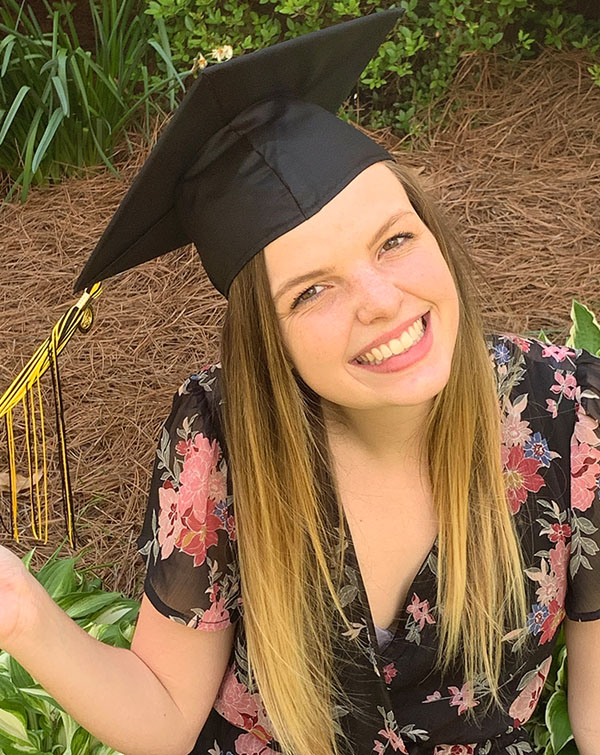
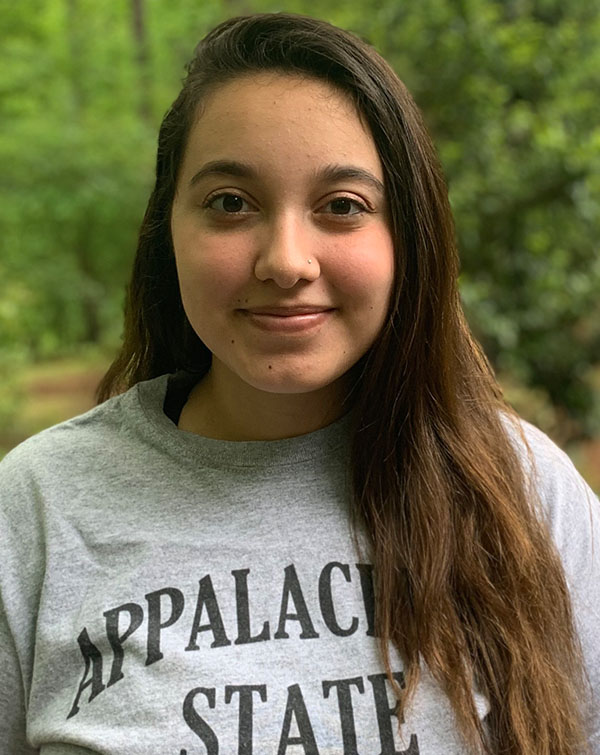
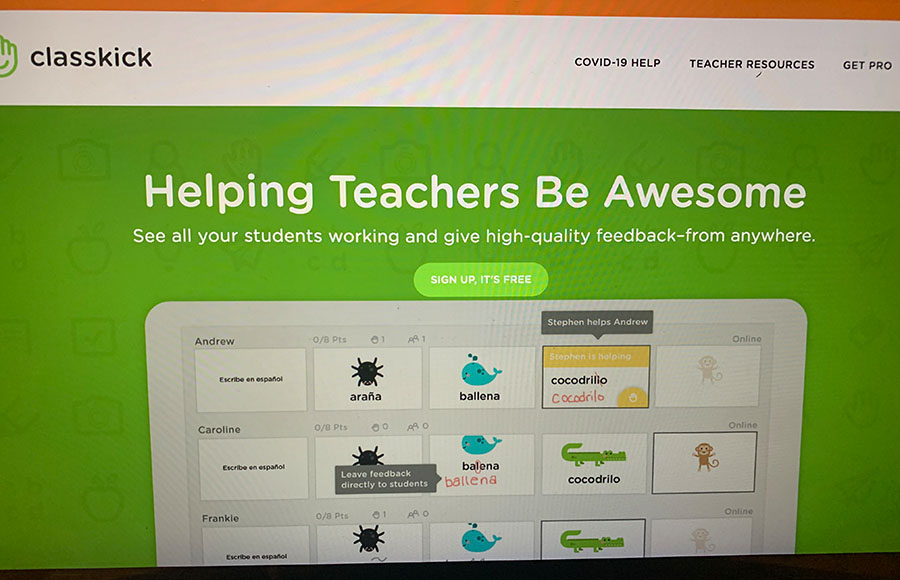
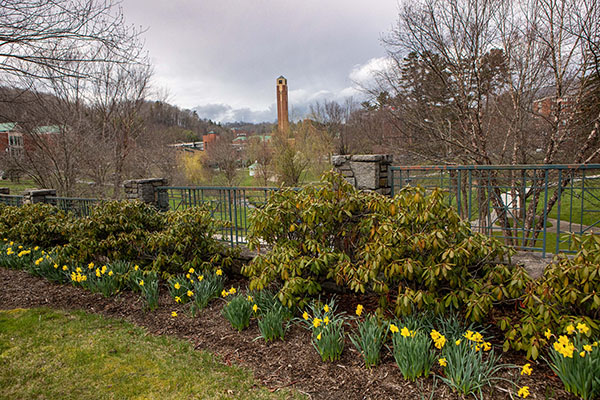
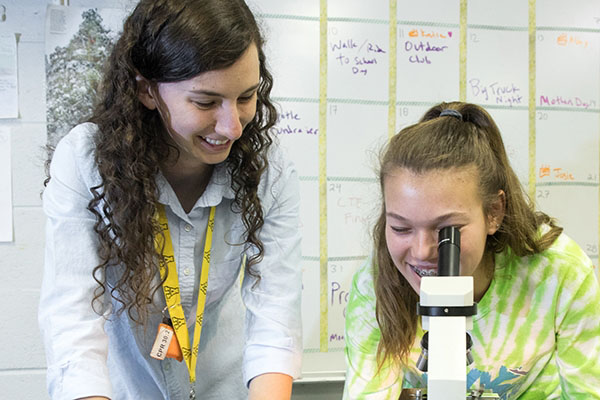
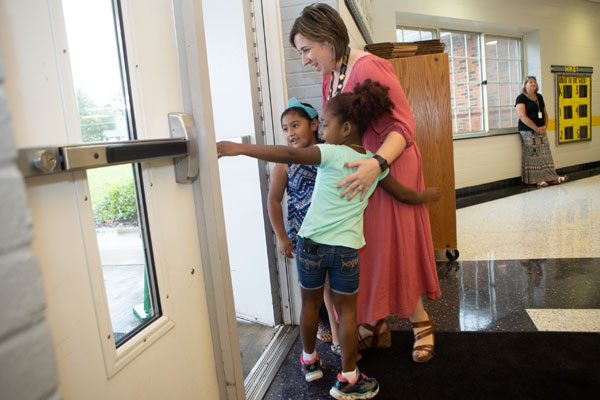
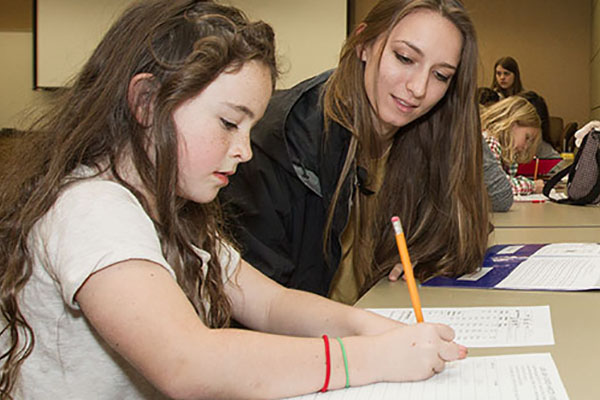
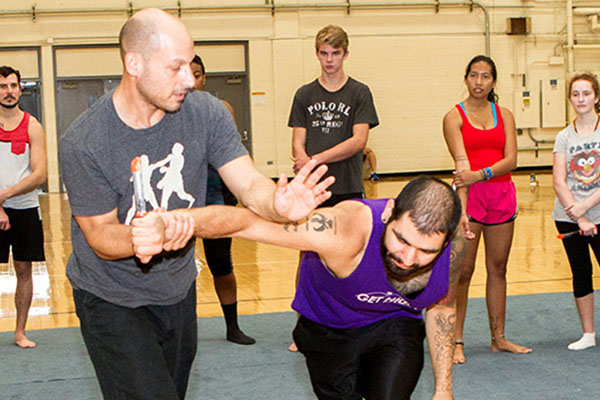


![How NCInnovation Is Rethinking Economic Development in North Carolina [faculty featured]](/_images/_posts/2026/02/rethinking-economic-development-600x400.jpg)








